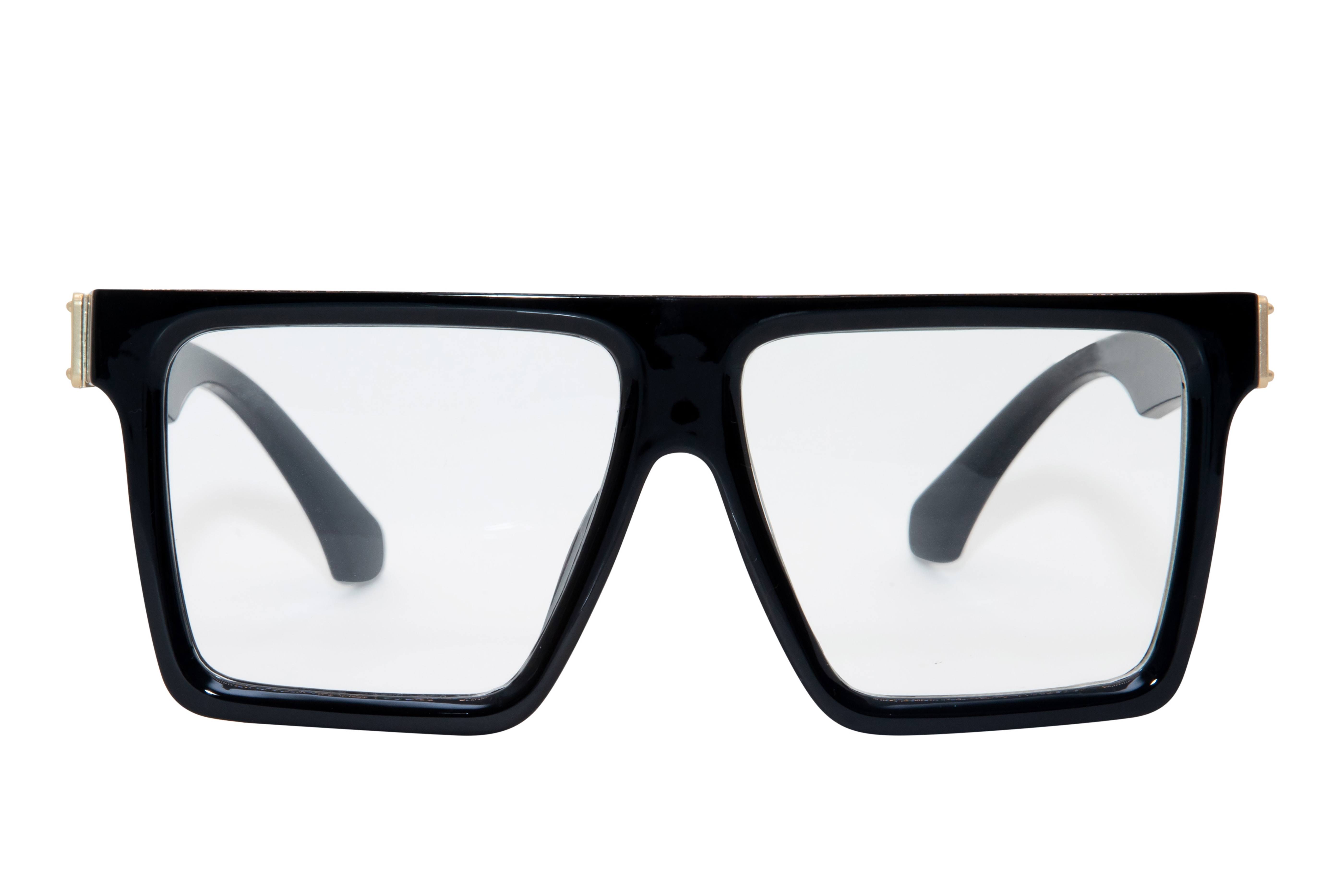Bruce Lear lives in Sioux City and has been connected to Iowa’s public schools for 38 years. He taught for eleven years and represented educators as an Iowa State Education Association regional director for 27 years until retiring. He can be reached at BruceLear2419@gmail.com
Two summers ago, I thought I was having a stroke. I saw fireworks in my eyes when none were in the sky. No matter how I blinked, the world looked like it was wearing a fuzzy fur coat. Night driving was still possible, but tortuous.
Like many men, I thought it might go away. So, I used my vast medical knowledge and diagnosed myself.
I was wrong.
Finally, I decided stroke symptoms shouldn’t be ignored. I went to an optometrist, and he pronounced me stroke free but having cataracts in both eyes. I was relieved until he said, “Next time you take an eye exam for your driver’s license, you probably won’t pass.”
I made an appointment to have cataract surgery. The surgeon explained there’s a basic procedure that will eliminate the cataracts, but you’ll still need glasses or maybe readers.
The second level will eliminate the cataracts, and you probably won’t need glasses, readers, or contacts. I was nodding my head, asking myself where I signed up. But he hadn’t finished. He continued, “The second level surgery isn’t all covered by insurance. It will cost $799 per eye.” I uttered an involuntary but audible gasp.
The surgeon looked intently at me and said, “Remember, this is about your vision.” I paid the price. He was right.
It’s about vision.
As the election rhetoric heats up, remember that it’s not about political party, age, or one or two hot-button issues. It’s about how closely your vision of the world matches a particular candidate’s vision. If that candidate’s vision is too blurry or inconsistent, that should also inform your choice.
Before I had the cataract surgery, they took precise measurements matching a lens to my vision needs. That’s what voters need to do. We need to measure a candidate’s answers to a few basic questions and compare it to our own vision of America. That way our choice of a candidate is more about issues and less about political personality.
Some pundits say politicians are alike and are simply driven to gain power and hold on to that power. I disagree. Here are some sample questions that may help in understanding a candidate’s political vision.
- Do you believe humans have impacted climate, and will you take steps to lessen that impact, or do you believe humans have not impacted climate and no changes are necessary?
- Will you work to reform the immigration system so the border is secure but there’s an expedited way for non-citizens to become legal residents, or will you work to secure the border and move to deport large numbers of immigrants who may have illegally entered?
- Do you believe everyone has a right to make medical decisions with their physicians, or do you believe the government has a right to impose some of those decisions? What decisions should be imposed by the government?
- Do you believe there should be a separation of church and state, or do you believe America is a Christian nation, and so there should be little if any separation?
- Do you support strong public education, and will you provide the resources to make them strong, or do you favor private schools being supported by public money so there’s completion between the private and public?
- Do you believe government should ensure all children have enough to eat, or should this primarily be the role of the private sector?
- Do you believe in three co-equal branches of government, or do you think more power should be with the presidency?
Voting really is a vision thing. Make sure your vision isn’t blurry and measure the candidate by the America you want to see clearly.
Top graphic is by mohsinmughal270, available via Shutterstock.


1 Comment
dementia deniers
Yes, use your own eyes and ears to see and judge what’s happening. Biden is unfit for office and 25th amendment should be enacted. Harris polls worse than Dementia Joe – Chicago should be really interesting.
ModerateDem Wed 3 Jul 11:07 AM